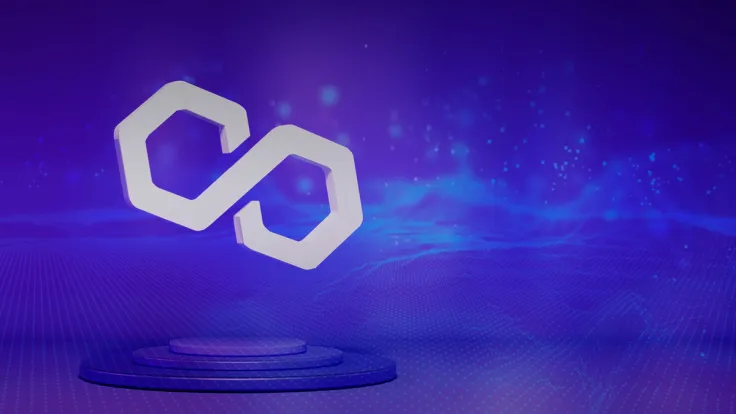
Disclaimer: The opinions expressed by our writers are their own and do not represent the views of U.Today. The financial and market information provided on U.Today is intended for informational purposes only. U.Today is not liable for any financial losses incurred while trading cryptocurrencies. Conduct your own research by contacting financial experts before making any investment decisions. We believe that all content is accurate as of the date of publication, but certain offers mentioned may no longer be available.
The Polygon Avail Testnet, which tries to address the data availability issue, is already live, as mentioned in a recent blog post.
The @0xPolygonAvail Testnet is live 🔥
— Polygon - MATIC 💜 (@0xPolygon) August 30, 2022
The first in a series of articles titled 'Where we stand today’ addresses Polygon Avail’s current performance, as well as its ability to scale.
[1/2] pic.twitter.com/e3leOysBWx
The main issue with monolithic blockchain systems is the requirement to unify execution, settlement and data availability in a single block. The modular blockchain trend was initiated by Layer 2 (L2) rollups, which enabled execution to be handled on a separate chain with blocks devoted only to execution. By separating data availability as well as enabling a chain with blocks specifically for data availability, Polygon Avail advances modular architecture.
NFT marketplace OpenSea now supports MATIC as payment option
In June, NFT marketplace OpenSea introduced Seaport, an open-source Web3 marketplace protocol for buying and selling NFTs. Seaport, which was first introduced on Ethereum, has contributed to making Web3 marketplaces like OpenSea more affordable.
#Polygon is now on #Seaport!
— Polygon - MATIC 💜 (@0xPolygon) August 30, 2022
In June, OpenSea introduced Seaport — a brand new, open-source, #Web3 marketplace protocol for safely & efficiently buying & selling NFTs. Launched first on Ethereum, Seaport has helped create a more feature-rich experience at a lower cost. pic.twitter.com/9W8hqAF8gH
OpenSea reports that it has now added Polygon support to Seaport after studying the effects of Seaport for several months and gathering insightful comments. It promises to extend support for Klaytn and other EVM-compatible chains in the upcoming months.
Previously, the 0x protocol was used to power Polygon on OpenSea. Polygon is now moving to Seaport. OpenSea claims that the action will enable the release of new features to all EVM-compatible chains more quickly.
Due to this shift, OpenSea now supports the use of MATIC, Polygon's native token, as a payment option. Users transacting on Polygon will now be required to pay gas fees to transact on OpenSea using MATIC.
MATIC is also available for purchase using MoonPay or on any exchange where MATIC is offered.
 Vladislav Sopov
Vladislav Sopov Dan Burgin
Dan Burgin